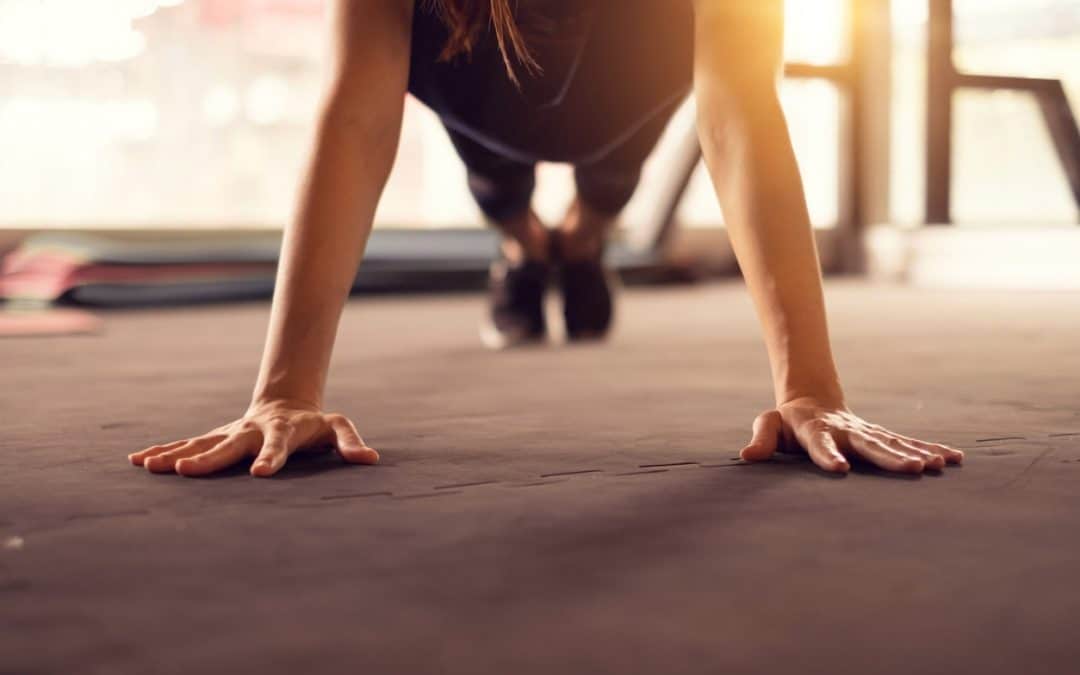“It’s Good For You”
We have been talking a lot about the benefits of exercising and how it is good for your overall health. This topic has been in the media more and more each year. So much so, that an increasing number of Americans have started participating in more sports, fitness, and recreation. We know by now that exercising keeps us fit, gives us more energy, promotes overall health, and can help with healthy aging. But how? What exactly happens to our bodies when we workout that is so beneficial? Below is information collected from Mayo Clinic, Healthy Living, and Business Insider that will answer these questions!
What Happens to Your Body When You Exercise
- Your temperature rises. Muscles need energy in order to workout, so your body burns calories from the fats and carbohydrates that you eat in a series of chemical reactions that produce heat.
- Your heart gets stronger. Exercise increases your heart rate and helps pump more blood through your system, which is also what raises your core temperature. Regular exercise makes your heart stronger and more efficient. Over time it reduces your resting heart rate by 5-25 beats per minute.
- Endorphins are released. When you exercise, your body releases chemicals called endorphins. Endorphins then interact with the receptors in your brain to reduce your perception of pain. Endorphins also trigger a happy feeling within your body that are accompanied by a more positive outlook on life.
- Brain function improves. Getting your heart rate up improves blood flow to the brain, which helps your brain immediately function better. Studies found that exercising increases the size of the hippocampus, which is associated with memory and learning. Therefore, regular exercise helps prevent the onset of dementia and Alzheimer’s.
The Timeline
- During your first workout, you feel very energized and alert. The endorphins will be flowing and you will feel great! However, you will most likely experience delayed onset muscle soreness for up to 72 hours. What is important is to not stop here! If you keep exercising regularly this will pass and you will rarely experience it again.
- During the first 6-8 weeks your body will be producing more mitochondria. Mitochondria are the parts of your cells that convert carbs, fat, and protein into the fuel that your muscles use. During these weeks you can increase your mitochondria by up to 50%. This helps you feel stronger and more fit, making your exercises a little easier. Make sure to keep pushing yourself, though. If it seems too easy, ramp up the intensity of your workouts.
- In 6-9 months, you will really be able to see and feel the results of regular exercise. Your muscles will be stronger and visibility more toned. You will also notice you can workout harder and run farther than in the beginning. This is because your body can now transport oxygen to your muscles more efficiently.
- After one year, results will definitely be noticeable. Your entire body will be leaner and more fit. Your bones will aslo be denser, which helps prevent osteoporosis.
- Long term commitment to exercise will help reduce your healthcare costs and lower your risk of developing arthritis, type 2 diabetes, dementia. According to Cancer.org, regular exercise can also help prevent 13 different types of cancer, including breast and colon.
Visit Business Insider for a detailed video on this topic!








